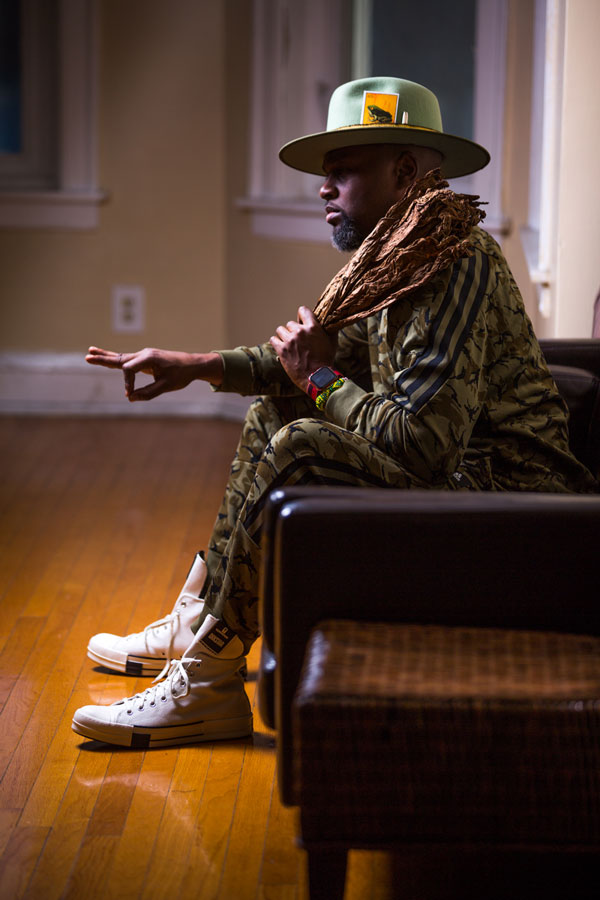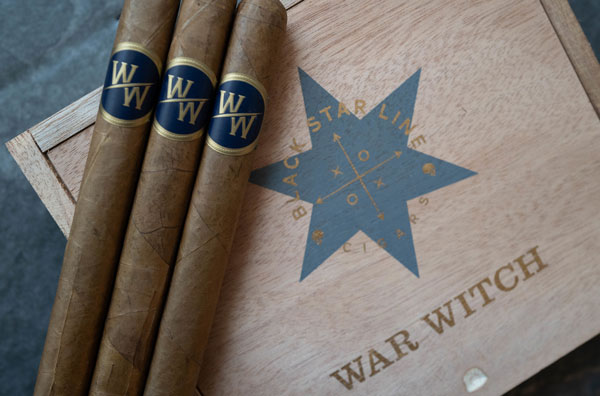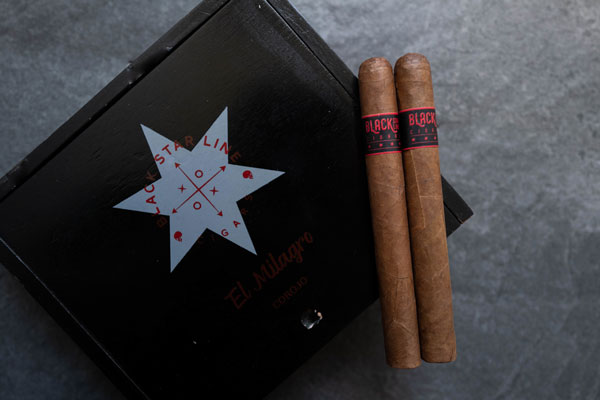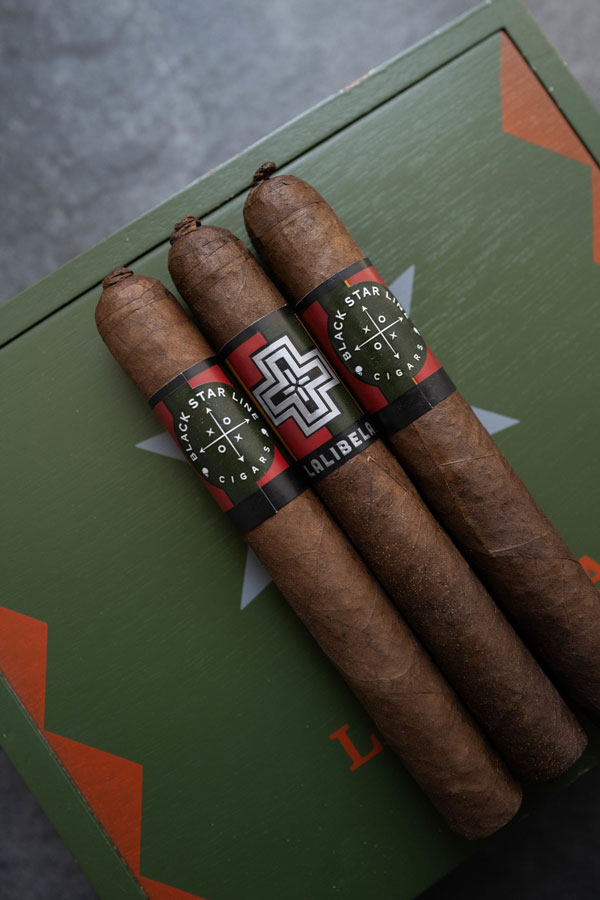Aric Bey never considered becoming a firefighter. Despite his uncle serving in the Chicago Fire Department, and his father encouraging him to apply, Bey had other plans: “I was a licensed banker with Chase. I got my MBA in finance and I wanted to work for the international bank.”

But he didn’t see a future at Chase so he quit and took a job with Eli Lilly as a pharmaceutical sales rep. When Bey was laid off by Lilly he enrolled in law school.
Two years into the law program he was contacted by the Chicago Fire Department, which accepted him into their training program. The age cutoff for the department was 38, and Bey had just turned 37. He saw this as an opportunity that he did not want to let slip away, and entered the program, becoming an active member of the Chicago firefighting brotherhood. This was quite a leap for the man who had said, “Being a firefighter wasn’t on my radar.”
It was his enthusiasm for and participation in firefighting that would introduce Bey to the pleasures and camaraderie of cigar smoking. His website states that “His love and knowledge of the leaf encouraged him to fulfill his dreams.” The love came from his experiences with his fellow firefighters, sharing cigars during their downtime in the firehouse. When an on-the-job injury caused him to retire from the department, he put his time and energy into developing his knowledge, attending cigar events and pursuing cigar brand owners to network with them.
One introduction would lead to another, and after having supplemented his knowledge by reading everything he could find on every brand of cigar he encountered, a meeting with Jonathan Drew in 2019 led Bey to Sandy Cobas, owner of El Titan de Bronze cigar factory in Miami, which would produce Black Star Line’s first cigar line, El Milagro, in August of that year. The name “El Milagro” translates in English to “miracle,” because, as Bey puts it, “It was a miracle that I got into the cigar business!”
To this day Bey maintains a cordial relationship with Cobas, referring to her as “My cigar Mama. And she tells everyone I’m her cigar baby.” He has plans for an upcoming project with Cobas and El Titan de Bronze, because, as he puts it, “If it wasn’t for them I wouldn’t be here.”
But soon after starting production, the entire El Titan team was struck with the COVID-19 virus, and the factory was temporarily closed down. Finding himself without a factory that could produce cigars, Bey turned to someone who had served as a mentor to him, Sean Williams of El Primer Mundo Cigars and Brand Ambassador for General Cigar’s COHIBA line. Williams facilitated a meeting with Terence Reilly of Aganorsa Leaf, who assured Bey they could produce a cigar for him. Bey had conceived of a blend for a new cigar named War Witch. He articulated exactly how he wanted the blend composed and, as he enthusiastically states, “Aganorsa successfully replicated the blend. I didn’t have to change a thing. War Witch became my flagship cigar.”

Aganorsa Leaf manufactures Black Star Line’s El Milagro and War Witch brands in Estelí, Nicaragua. Mr. Fahrenheit, which celebrates firefighters, and contributes a portion of the sales to the Chicago firefighter charity Ignite the Spirit, is produced in the Dominican Republic by Tabacalera La Isla. A fourth line, Rosewood 1923, is rolled by Fabrica Oveja Negra in Nicaragua. Black Star Line’s Lalibela cigars are produced in Nicaragua as well.
Black Star Line’s varied portfolio has caught the interest of cigar lovers nationwide, not only because of the quality of the product, but also Bey’s prolific and savvy use of social media to market and promote his brands and related merchandise. He has also turned to Cigar Dojo to refine his branding, and the collaboration has resulted in updated packaging for his core lines and newer releases.
But there is another key element to what makes Aric Bey and Black Star Line unique in the crowded universe of cigar brand proliferation. Bey is employing his brand and his products as a means of education, exposing smokers of all backgrounds to relevant and often unheralded events and personalities in Black culture and history.

The name Black Star Line is a homage to Black entrepreneur and activist Marcus Garvey, who founded the Black Star Line shipping company in 1919 to transport goods and eventually African Americans to Africa, and was patterned after the White Star Line, a successful shipping line, infamous for its Titanic disaster. War Witch was named for the film depicting child soldiers forced to into a civil war in sub-Saharan Africa. Lalibela cigars pay tribute to the ancient stone churches of Ethiopia, and Rosewood 1923 is a testament to the talents of filmmaker John Singleton, who made a movie depicting the race riot in a primarily Black community in Florida that resulted in the destruction of an entire town.
The desire to disseminate information was inculcated by Bey’s parents. “Both of my parents are educators. My father started out as a teacher and retired as a high school principal, and my mother was a teacher and she retired as a child psychologist.” So Bey’s interest in education developed organically. He feels he can convey some formerly unknown historical events, and also honor notable figures in Black culture, to individuals from all walks of life. “I want people to not only enjoy the cigars, I want them to learn something too, something other than themselves.” And he says, “The stories help sell the cigars.” But he’s not hesitant to add that the stories his cigars tell are for everyone: “This is also for Black people, because if we don’t take pride in ourselves, who else will?”

When Bey is asked if the company is achieving its goals, he immediately responds: “Oh, I’m exceeding them. I had no idea that the industry would love it so much. And not just the consumers, but different owners and reps. I can relate to almost anybody, and I think that’s the reason why people gravitate to us.” Perhaps the greatest testimonial came from two of the most highly recognized personalities in the industry, each of whom told Bey that he’s “breathing new life into the industry.”
Black Star Line has exhibited at the last two PCA Trade Show and Conventions and Bey is pleased to inform that he will be upgrading the size of his booth for the 2024 show. Black Star Line was founded in 2019, so 2024 will be the fifth anniversary of the brand, and a cigar to commemorate the event is in the works and scheduled to be released at next year’s show.
As he continues on his path of producing top-quality cigars while bringing pertinent information into the public arena, Aric Bey should be able to look forward to many more anniversaries of his trailblazing Black Star Line cigars.
Aric Bey never considered becoming a firefighter. Despite his uncle serving in the Chicago Fire Department, and his father encouraging him to apply, Bey had other plans: “I was a licensed banker with Chase. I got my MBA in finance and I wanted to work for the international bank.”
But he didn’t see a future at Chase so he quit and took a job with Eli Lilly as a pharmaceutical sales rep. When Bey was laid off by Lilly he enrolled in law school.
Two years into the law program he was contacted by the Chicago Fire Department, which accepted him into their training program. The age cutoff for the department was 38, and Bey had just turned 37. He saw this as an opportunity that he did not want to let slip away, and entered the program, becoming an active member of the Chicago firefighting brotherhood. This was quite a leap for the man who had said, “Being a firefighter wasn’t on my radar.”
It was his enthusiasm for and participation in firefighting that would introduce Bey to the pleasures and camaraderie of cigar smoking. His website states that “His love and knowledge of the leaf encouraged him to fulfill his dreams.” The love came from his experiences with his fellow firefighters, sharing cigars during their downtime in the firehouse. When an on-the-job injury caused him to retire from the department, he put his time and energy into developing his knowledge, attending cigar events and pursuing cigar brand owners to network with them.
One introduction would lead to another, and after having supplemented his knowledge by reading everything he could find on every brand of cigar he encountered, a meeting with Jonathan Drew in 2019 led Bey to Sandy Cobas, owner of El Titan de Bronze cigar factory in Miami, which would produce Black Star Line’s first cigar line, El Milagro, in August of that year. The name “El Milagro” translates in English to “miracle,” because, as Bey puts it, “It was a miracle that I got into the cigar business!”
To this day Bey maintains a cordial relationship with Cobas, referring to her as “My cigar Mama. And she tells everyone I’m her cigar baby.” He has plans for an upcoming project with Cobas and El Titan de Bronze, because, as he puts it, “If it wasn’t for them I wouldn’t be here.”
But soon after starting production, the entire El Titan team was struck with the COVID-19 virus, and the factory was temporarily closed down. Finding himself without a factory that could produce cigars, Bey turned to someone who had served as a mentor to him, Sean Williams of El Primer Mundo Cigars and Brand Ambassador for General Cigar’s COHIBA line. Williams facilitated a meeting with Terence Reilly of Aganorsa Leaf, who assured Bey they could produce a cigar for him. Bey had conceived of a blend for a new cigar named War Witch. He articulated exactly how he wanted the blend composed and, as he enthusiastically states, “Aganorsa successfully replicated the blend. I didn’t have to change a thing. War Witch became my flagship cigar.”
Aganorsa Leaf manufactures Black Star Line’s El Milagro and War Witch brands in Estelí, Nicaragua. Mr. Fahrenheit, which celebrates firefighters, and contributes a portion of the sales to the Chicago firefighter charity Ignite the Spirit, is produced in the Dominican Republic by Tabacalera La Isla. A fourth line, Rosewood 1923, is rolled by Fabrica Oveja Negra in Nicaragua. Black Star Line’s Lalibela cigars are produced in Nicaragua as well.
Black Star Line’s varied portfolio has caught the interest of cigar lovers nationwide, not only because of the quality of the product, but also Bey’s prolific and savvy use of social media to market and promote his brands and related merchandise. He has also turned to Cigar Dojo to refine his branding, and the collaboration has resulted in updated packaging for his core lines and newer releases.
But there is another key element to what makes Aric Bey and Black Star Line unique in the crowded universe of cigar brand proliferation. Bey is employing his brand and his products as a means of education, exposing smokers of all backgrounds to relevant and often unheralded events and personalities in Black culture and history.
The name Black Star Line is a homage to Black entrepreneur and activist Marcus Garvey, who founded the Black Star Line shipping company in 1919 to transport goods and eventually African Americans to Africa, and was patterned after the White Star Line, a successful shipping line, infamous for its Titanic disaster. War Witch was named for the film depicting child soldiers forced to into a civil war in sub-Saharan Africa. Lalibela cigars pay tribute to the ancient stone churches of Ethiopia, and Rosewood 1923 is a testament to the talents of filmmaker John Singleton, who made a movie depicting the race riot in a primarily Black community in Florida that resulted in the destruction of an entire town.
The desire to disseminate information was inculcated by Bey’s parents. “Both of my parents are educators. My father started out as a teacher and retired as a high school principal, and my mother was a teacher and she retired as a child psychologist.” So Bey’s interest in education developed organically. He feels he can convey some formerly unknown historical events, and also honor notable figures in Black culture, to individuals from all walks of life. “I want people to not only enjoy the cigars, I want them to learn something too, something other than themselves.” And he says, “The stories help sell the cigars.” But he’s not hesitant to add that the stories his cigars tell are for everyone: “This is also for Black people, because if we don’t take pride in ourselves, who else will?”
When Bey is asked if the company is achieving its goals, he immediately responds: “Oh, I’m exceeding them. I had no idea that the industry would love it so much. And not just the consumers, but different owners and reps. I can relate to almost anybody, and I think that’s the reason why people gravitate to us.” Perhaps the greatest testimonial came from two of the most highly recognized personalities in the industry, each of whom told Bey that he’s “breathing new life into the industry.”
Black Star Line has exhibited at the last two PCA Trade Show and Conventions and Bey is pleased to inform that he will be upgrading the size of his booth for the 2024 show. Black Star Line was founded in 2019, so 2024 will be the fifth anniversary of the brand, and a cigar to commemorate the event is in the works and scheduled to be released at next year’s show.
As he continues on his path of producing top-quality cigars while bringing pertinent information into the public arena, Aric Bey should be able to look forward to many more anniversaries of his trailblazing Black Star Line cigars.
For more information and to view the portfolio of products visit blackstarline.shop. For more information and to view the portfolio of products visit blackstarline.shop.
– Photography courtesy of Black Star Line Cigars. Story by Larry Wagner.
This story first appeared in PCA The Magazine, Volume 4, 2023. To receive a copy of this magazine you must be a current member of PCA. Join or renew today at premiumcigars.org/membership.
